Do I Need an Author Platform to be Published? by Guest @IolaGoulton
Unpublished writers often want to know if they need an author platform in order to be published. As with so much in the publishing business, the answer is yes and no. Or no and yes, depending on your point of view.
We live in an age where anyone with a computer and an internet connection can become a published author. (Thanks, Amazon.)
But the relative ease of publishing highlights and reinforces the fact that getting published is the easy part of the process. The hard part is selling books. And to sell books, you need a platform. That might be a real-life platform you’ve built yourself, perhaps as a speaker or sportsperson or actor. Or it might be an online platform—a popular website or blog.
When to Start an Author Platform?
Some people build the platform, then write a book. They might self-publish, or they might work with a traditional publisher. Either way, the success of their book will be related to their platform.
But my experience observing and talking to pre-published and newly published writers suggests the author platform is low on their list of publishing priorities. The typical publishing process seems to go more like this:
- Author writes a book.
- Author researches publishing options.
At this point, an author will make an important decision:
- To self-publish.
- To seek a traditional publishing contract.
An author who decides to self-publish is likely to experience the following:
- Author self-publishes book.
- Book sells a handful of copies.
- Author investigates marketing methods.
- Author discovers people recommending they build an author platform.
An author considering traditional publishing will soon find they need a literary agent to attract the attention of a big-name publisher. They’ll find that agents and publishers expect them to have an author platform.
But what does this mean? What are agents (and publishers) really looking for?
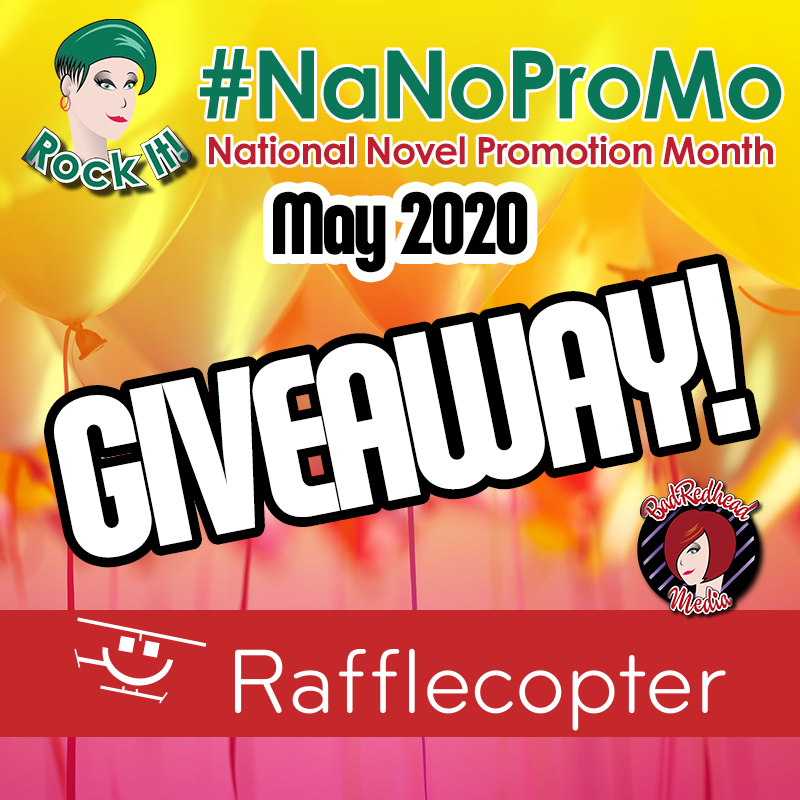
Enter this massive Rafflecopter Giveaway!
THRU MAY 15
Why is an Author Platform Important?
When I first started investigating the publishing world, literary agents talked about author platform purely in terms of the number of Twitter followers or Facebook likes they wanted potential authors to have. Later, this expanded to what we now see as an author platform:
- A website (with or without a blog).
- An email list.
- A presence on social media (usually Facebook, but Pinterest, Twitter, and Instagram are also popular choices, depending on the demographic of your target reader).
The focus remained on numbers, and the author with the largest Facebook following or email list “won”. But agents and publishers now realize that focusing purely on the number of followers detracts from the more important metric: engagement.
It’s still important to have a big platform in terms of numbers if you’re trying to pitch nonfiction, especially memoir. Platform size provides a metric publishers can use to leverage their marketing efforts:
- A writer with a blog that attracts 100,000 readers a week is more attractive to a publisher than a writer with a blog that attracts 1,000 readers a week.
- A speaker who speaks to crowds of over 10,000 people on a regular basis is more attractive to a publisher than someone who speaks once a year to 100 people.
- All are more attractive to publishers than a writer with no blog or online presence, or a speaker no one will pay or travel to hear.
The same holds true for self-published authors: the bigger your platform, the more people will hear about and potentially buy your book.
Platform numbers or engagement aren’t as important for fiction writers, but they’re still important. If you plan to self-publish, then your platform is the people you can expect to be most interested in your book. This is vital if you self-publish, but it’s still important if you are seeking traditional publication. Agents and publishers will want to know about your platform.
Why? Because most first-time authors don’t get a lot of attention in terms of marketing. The publishers will undertake some advertising and promotion, but they also want to know how the author can contribute to the marketing plan. And publishers want to see evidence of that contribution. They don’t want a proposal saying things like:
- I will set up an author website and relevant social media profiles.
- I will approach Oprah, Conan, and Reese Witherspoon to get appearances on their shows.
- I will get interviews with five major national newspapers.
That’s not a plan. It’s a wish list (unless you’re already BFFs with Oprah, Conan, and Reese Witherspoon).
Learn to Revise Your Novel
Instead, publishers want to see what you’ve already done. They want to see a platform you can build on:
- I have a website, and I blog every two weeks on topics my target readers are interested in.
- I have profiles on the major social media networks (Facebook, Instagram, Pinterest, and Twitter).
- I am currently focussing on growing my Instagram followers and engagement by …
- I have a Facebook reader group with X members, who have agreed to act as advance readers and reviewers.
- I have an email list with X subscribers and send a monthly email newsletter.
- I have recently started a YouTube channel where I interview popular authors in my genre. Recent interviews have included X and Y.
You don’t have to have big follower numbers to get a traditional publishing contract. One author I know got a publishing contract with a Big 5 publisher with less than 300 people on her email list. But she had all the elements of a platform and had launched a podcast and YouTube channel aimed at her target reader. It wasn’t a lot. But it was a start.
That’s what is important:
Making That Start
Building a platform takes time and effort. It’s a long-term project. And the best time to start is now.
What questions do you have about author platform? Ask in the comments.
THE GIVEAWAY
One free enrollment in my email course, Kick-Start Your Author Platform Marketing Challenge (Value: $69).
Click here to find out more.
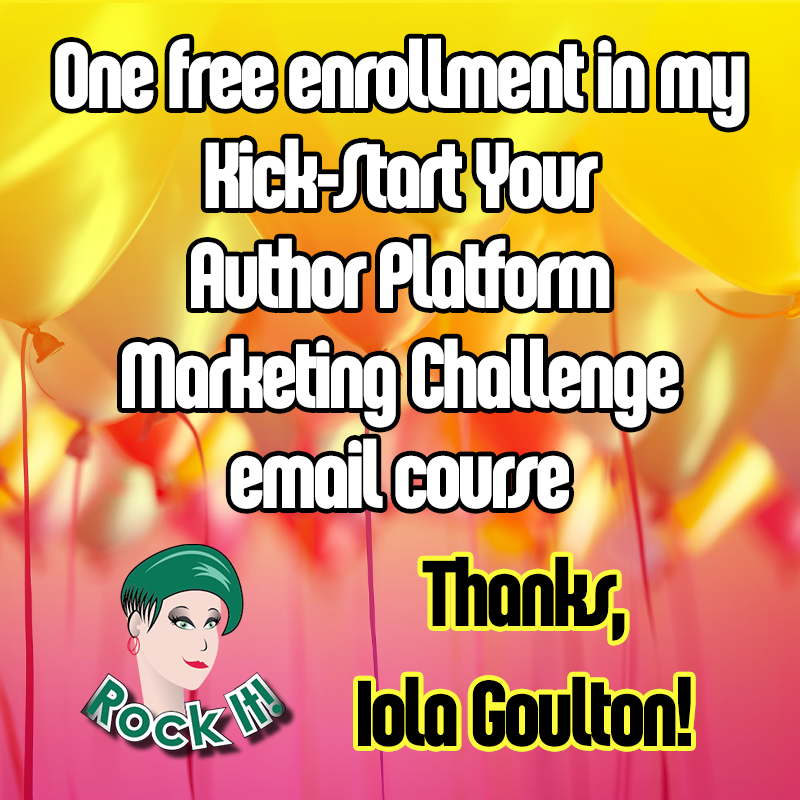
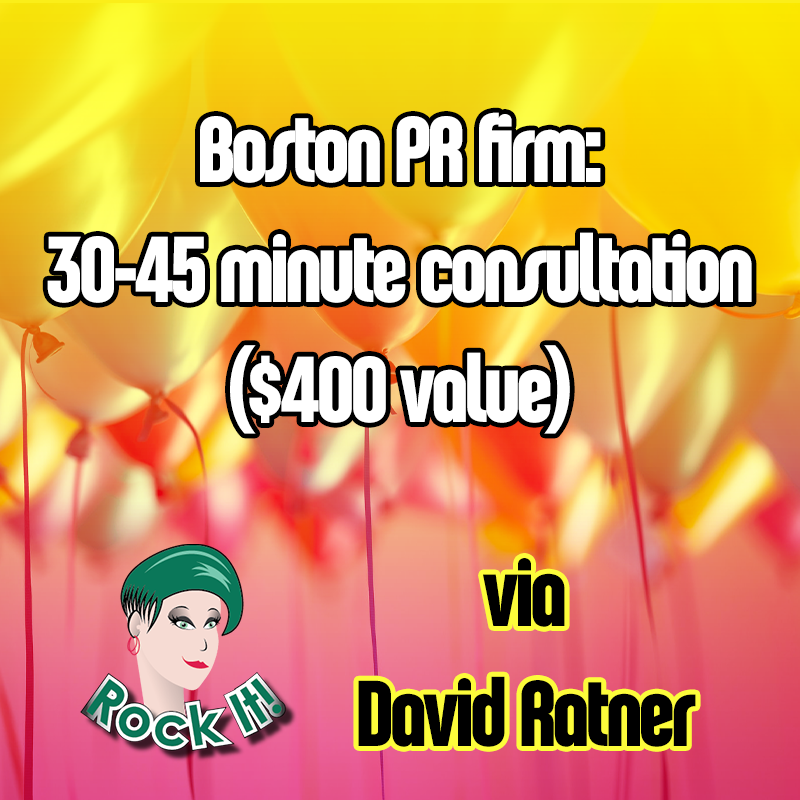

Want to win this giveaway? Simply leave a comment WHY below!
All comments must be left prior to midnight on Thursday, May 7th, 2020 in order to be eligible to win. Winners for the week announced on Friday, May 8th.
Good luck!
Iola Goulton
Iola Goulton is a New Zealand book reviewer, freelance editor, and author, writing contemporary Christian romance with a Kiwi twist.
Iola holds a degree in marketing, has a background in human resource consulting, works as a freelance editor, and has developed the Kick-Start Your Author Platform Marketing Challenge, an email course for authors wanting to establish their online platform.
When she’s not working, Iola is usually reading or writing her next book review. Iola lives in the beautiful Bay of Plenty in New Zealand (not far from Hobbiton) with her husband, son, and cat.
For a more detailed plan on developing your book marketing, purchase Rachel’s new book,
The BadRedhead Media 30-Day Book Marketing Challenge
Now on Amazon!
Readers’ Favorite Silver Award Winner!
Have you signed up for my newsletter yet?
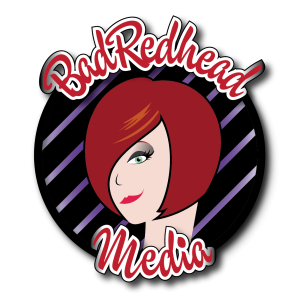


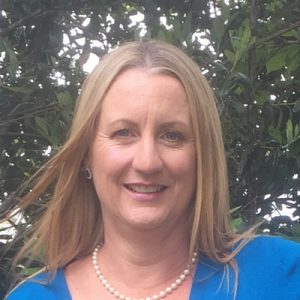
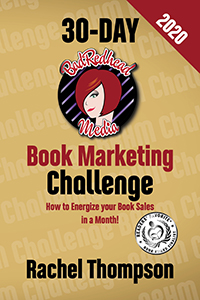
I always want to learn more on this, ever evolving, subject! Great article.
Thanks for visiting!
I feel I have many of the elements of maintaining a good social platform in place: I have three sites I enjoy being on (Twitter, Facebook, Instagram) and I interact with people there. have Pinterest and Tumblr sites as well, but neither platform appeals to me much, so I tend not to use them. I post to my website at least once a week. I have pages/profiles on Goodreads, Amazon, and Bookbub. The weakest link in my platform as I see it is my mailing list.
I’ve tried participating in list-builder things, only to get a bunch of people looking for freebies and nothing else. I recently switched from one mailing service to another, and in the transfer, only about a quarter of my list decided to move to the new mailer. I figure these people really want to be there, so that’s a good thing, but I’d love to know how to build a mailing list of core followers.
Hi McKenna, a great “to do” for you would be to add a (prominent) newsletter signup form to your website. I visited but didn’t see how to join your email list. An accompanying lead magnet (dare I say, free book if possible? Short story?) would be a useful addition and would help ensure that readers who *want* your content join your list.
HI McKenna – good insight there about the mailing list. I know last year’s #NaNoProMo we had several posts about email marketing and mailing lists. I know @sugarbeatbc writes quite a bit about it as well.
I also find the list-builder sweeps are a lot of fake accounts and junk, sadly. I’ve stopped participating in them myself.
Hi McKenna,
I agree with Pauline – try adding some kind of incentive for people to sign up to your newsletter e.g. a short story or novella from one of your three series (or is there something that ties all three series together?).
Also, do you have an invitation to sign up to your newsletter at the back of each of your novels? That’s another popular option.
You then need to write an interesting first email that delivers your freebie and convinces people they want to stay on your email list and open your future emails. Yes, you might get some people who just sign up to get the freebie, but they will hopefully unsubscribe quickly as well.
Yes! I love the encouragement that you don’t necessarily need a massive platform, but that making a start counts for so much more than just “intending to do it”. I suspect authors don’t realize that even a basic beginning puts them way ahead of many others. And it’s an important mindset distinction, to show the publisher that the author doesn’t assume it will all be taken care of on their behalf.
Thank you, Pauline. You’re right – authors don’t need a lot, but they need something, and they need to understand they will need to market their own book whether they’re self-published or traditionally published.
This is a very insightful post. About a year and a half before I published I set up a Twitter and website (which I blog once a week on). A few months later once I got the hang of that I moved to Facebook and finally an email list.
A lot of authors don’t realise that a platform, even a small one, can help them with their marketing.
Good points, all. Thanks for sharing your own experiences, Jessica!
Thank you! It sounds like you’ve done things the right way by starting with a website and a single social media account, and expanding when you have the time and headspace.
G’day there, I’m an older writer (coming to it later in life) and struggling with all that’s involved with writing, editing and publishing. I’ve hesitated with developing a platform as it is more stuff to take in and am afraid it will overwhelm me even more. But, I realise it is what is needed to get going properly. So, thanks for the informative article, Iola and Rachel.
Ray, the thing to remember is that you don’t build a platform in a day. But you can do something to build your platform every day. Lots of baby steps, and you’ll get there – and that can be more effective than one big effort you never quite finish.
Wow. I really need to add to what I already have. Thank you for the pointers.
One step at a time, Ernie. Thanks for visiting!
Always love your posts. So clear and then they spur me to action or in this case encourage me to ‘keep doing what you’re doing’.
Thanks, Christine. You’re already doing a great job 🙂
Do I know it’s essential for an author to have a platform? Yes. Am I doing all you suggest in this article? No. Have I tried and am still struggling to land anyone serious to become part of my audience? Yes. Great article, I feel like perhaps though you make blogging and building an email list as easy and it’s really not. Solid points though.
No, it’s not easy. Nonfiction authors can usually come up with a list of four or five topics their target reader will be interested in, and write about those topics (whether for a blog or newsletter). That’s the start of a good content marketing strategy – something I’m a strong believer in, because it’s providing value to the readers.
I do think it’s harder for fiction authors, but it’s still possible. What genre do you write? Who is your target reader? What are they interested in? I know of one Biblical fiction author who blogs about all things Roman. It’s good background to her books, but also attracts people researching the Roman Empire … who might then be interested in reading a novel set in the same time period.
Thank you Iola and Rachel for your advice. I have been struggling with the concept of an author platform for some time now. Although I have great dreams about publication, I have been confused about the right path forward. My knowledge in the area of marketing is limited and despite my own research, I still haven’t taken a step in the right direction. I know that making a start is important and I’d like to make progress.
This is a really great post. I’m slowly building an author platform, but I know I could do better. Your tips were very helpful. Do you think for social media twitter and FB are enough?